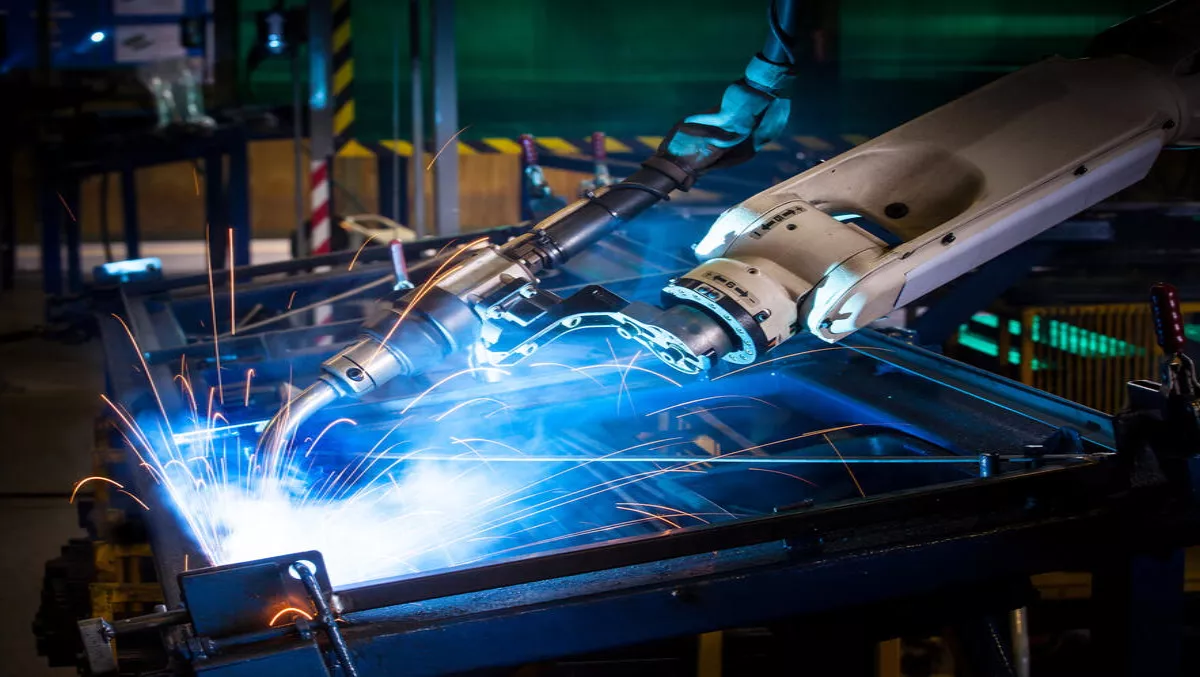
Manufacturing automation and the cyber risks that go with it
Increasing automation and interconnectivity in the world's industrial factories is unwittingly helping them become more vulnerable to cyber attacks, a statement from Allianz says.
Utilities providers in the Ukraine, Israel and Germany have been recent cyber attack targets, demonstrating that hackers are likely to go for industrial control systems (ICS) or complete shutdowns.
ICS is increasingly becoming a major vulnerability, numbering 295 ICS cyber attacks in the US last year. Allianz says these attacks could potentially result in physical damage such as explosions, as well as business interruptions from outside attacks, technical failure and operator error.
ICS processes were often designed in an era before cyber security, so they are inevitably more vulnerable, says Nigel Pearson, global head of fidelity at AGCS.
Allianz says similar risks plague the manufacturing industry as more companies adopt smart technology, including automation, robots and connected supply chains. The risks for insurers are now greater, but the opportunities are too.
"Continuous monitoring and predictive maintenance of automated production lines will reduce small scale frequency losses and increase equipment lifetime. Supply chains will be better monitored, more predictable and visible with improved tracking options and losses reduced from spoilage or expiration," explains Michael Bruch, head of Emerging Trends at AGCS.
The problems arise in interconnected supply chains, as technical faults embedded into code are hard to detect and can often compound resulting in a fault that could last days. The cost to a company could number in the tens of millions, Allianz says.
This has a ripple effect across not only the company itself, but all its interconnected supply partners.
These risks can be managed by maintaining "High technical IT security standards of networks, software and mobile devices, staff awareness trainings, continuous process optimization and rigid management of access rights and guidelines must go hand in hand. To manage the residual risks, cyber insurance is becoming a core element of IT risk management for many companies," says Jens Krickhahn, cyber insurance expert at AGCS Central and Eastern Europe.
Allianz predicts future trends in digitization will see the increasing importance of intangible assets such as brand management, intellectual properly, skills and supply chain assets. To insure this, packages must include risk analysis, benchmarking and mitigation advice, the company says.


